One surprise that homeowners encounter when installing a water filtration system is the complexity of water quality assessment. Understanding the specific contaminants in your water supply is crucial for selecting the appropriate filtration system. Homeowners should invest in a comprehensive water testing kit or consult a professional to ensure they choose the right solution for their needs.
Variety of Filtration Systems and Technologies
The vast array of filtration systems and technologies available can be overwhelming for homeowners. From reverse osmosis and activated carbon filters to ultraviolet (UV) disinfection systems, each method tackles different contaminants and has varying levels of effectiveness. Researching and comparing these options is essential for finding the ideal system for your home's unique water quality concerns.
Unanticipated Installation Costs and Efforts
Homeowners may be taken aback by the installation costs and efforts required for some water filtration systems. Whole-house systems, in particular, can be pricey and necessitate professional installation. Be prepared to invest both time and money into this home improvement project, and remember that it is an investment in your family's health and well-being.
Maintenance and Replacement Responsibilities
Maintaining a water filtration system is not always as simple as homeowners might expect. Different systems require various levels of upkeep, from changing filters to cleaning components. Additionally, certain parts may need replacement over time, adding to the overall cost of the system. Being aware of these ongoing responsibilities is essential for ensuring the longevity and effectiveness of your filtration system.
Effect on Water Pressure and Flow Rate
Installing a water filtration system can sometimes lead to a decrease in water pressure and flow rate, which homeowners may not anticipate. This can be particularly noticeable with reverse osmosis systems or whole-house filters. Consult with a professional to determine how a specific filtration system may impact your home's water pressure and if any adjustments can be made to mitigate this issue.
Potential for Increased Water Waste
Some homeowners are surprised to learn that certain water filtration systems can contribute to increased water waste. Reverse osmosis systems, for example, generate wastewater during the filtration process. By being aware of this aspect, homeowners can choose a system that aligns with their water conservation goals or implement additional water-saving measures.
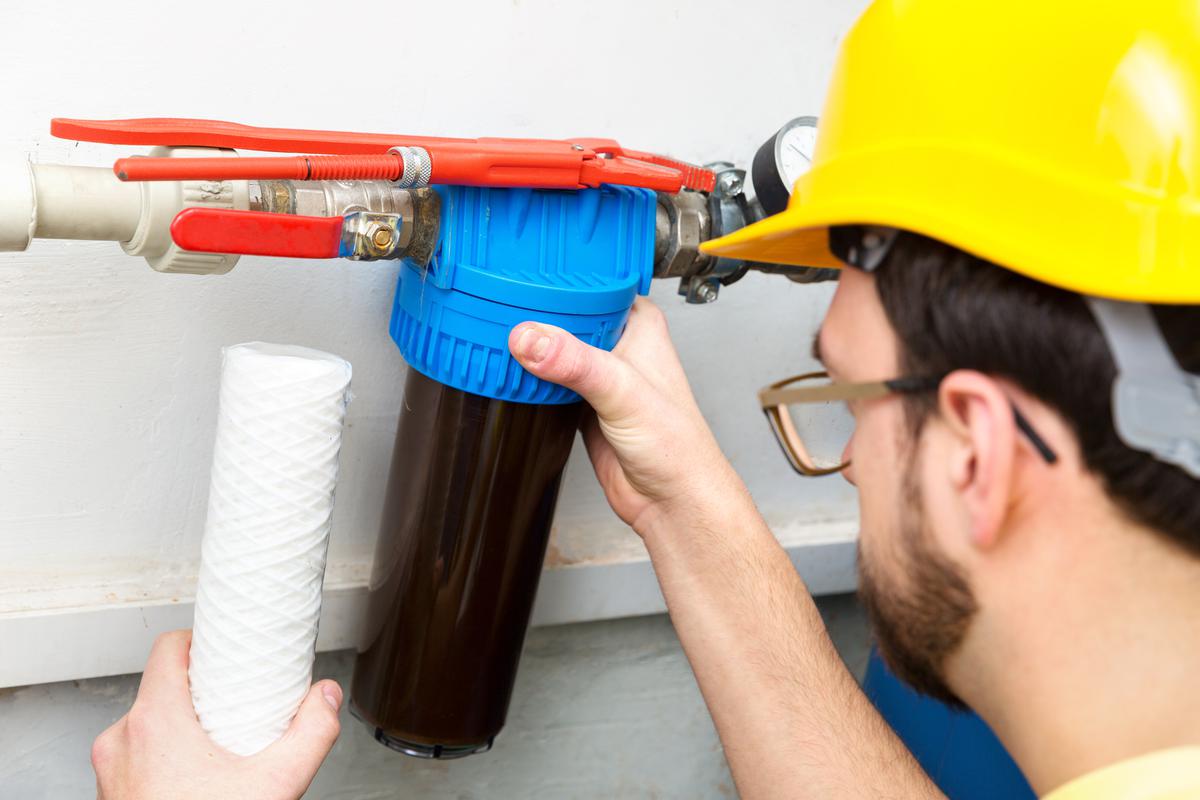

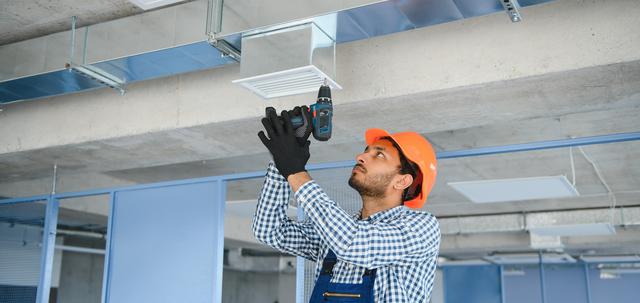
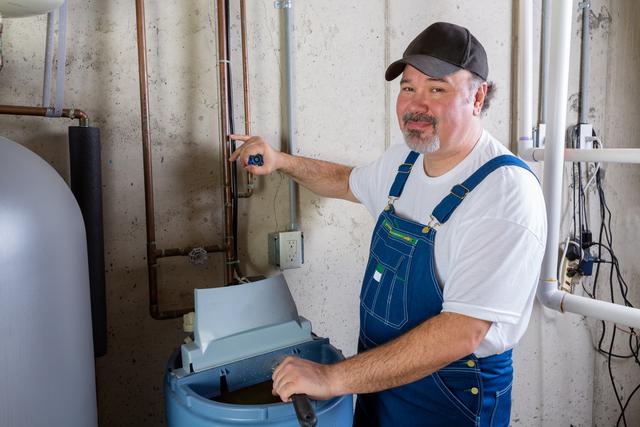
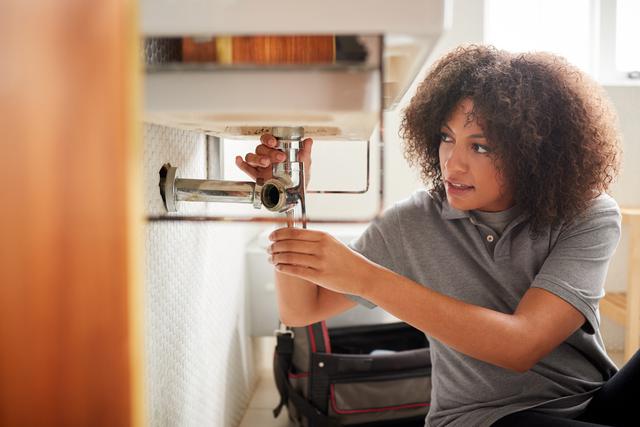
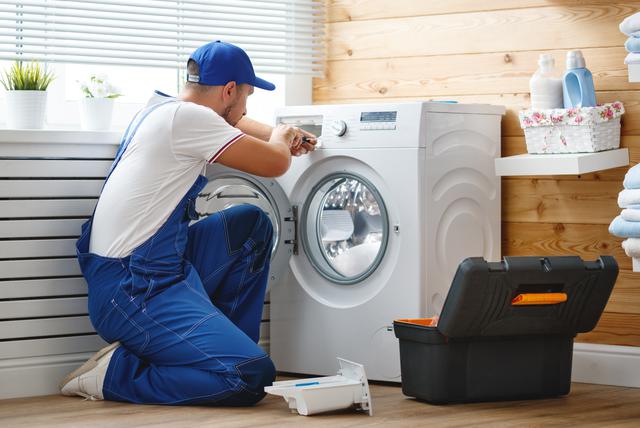
comments